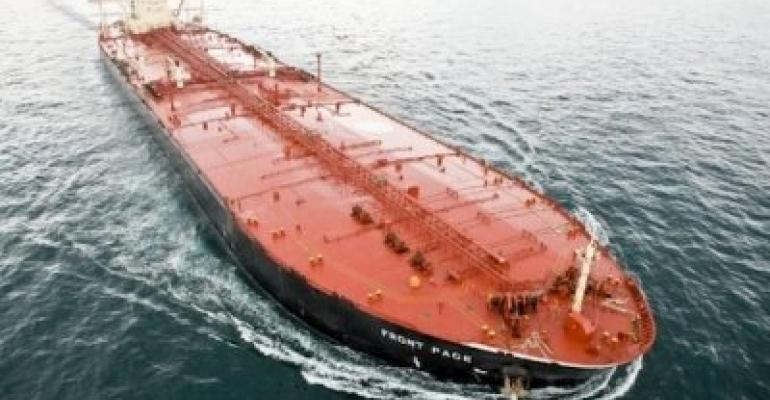From a spike in tanker rates in Q4 2019 Frontline noted in its annual results statement noted that in the first few weeks of this year Libya lost 1m barrels per day of oil production, Nigeria declared force majeure on Bonny crude, sanctions were lifted on Cosco Shipping and then the coronavirus hit Chinese demand.
“Primarily due to the effect of the coronavirus, we have a near-term macro headwind with a slowdown in oil demand, particularly in China,” said Robert Hvide Macleod, ceo of Frontline Management.
In terms of the outlook the company commented: “Despite the negative market sentiment created by the coronavirus, our long-term view has not changed, we believe that crude demand will continue to increase and that the fallout will be temporary rather than permanent.”
However, the company also noted it was “certainly not in the position” to predict when the market would turnaround and was cautious in the short term.
Looking to the longer-term Frontline pointed to a growth in tonne-miles and a record high number of VLCC cargoes from the US Gulf in January. “When phase 1 of the trade agreement between China and the US is implemented, China will need to lift at least 12 VLCC cargoes from the US each month to comply with the terms of the agreement.”
In terms of the fleet growth the company noted that “virtually no new tanker orders” were being placed and the orderbook was at its lowest level since 1997.
Frontline also said the impacts of IMO 2020 were real and would continue for some time to come. “The impact of IMO 2020 on fuel prices has reshaped the industry by creating a significant competitive advantage for owners of modern vessels,” it said.
The company concluded: “The current market headwinds remain strong, but our long term view of the tanker market remains constructive, and we believe that the impact of the coronavirus will certainly not be permanent.”
Copyright © 2024. All rights reserved. Seatrade, a trading name of Informa Markets (UK) Limited.
Add Seatrade Maritime News to your Google News feed.  |

